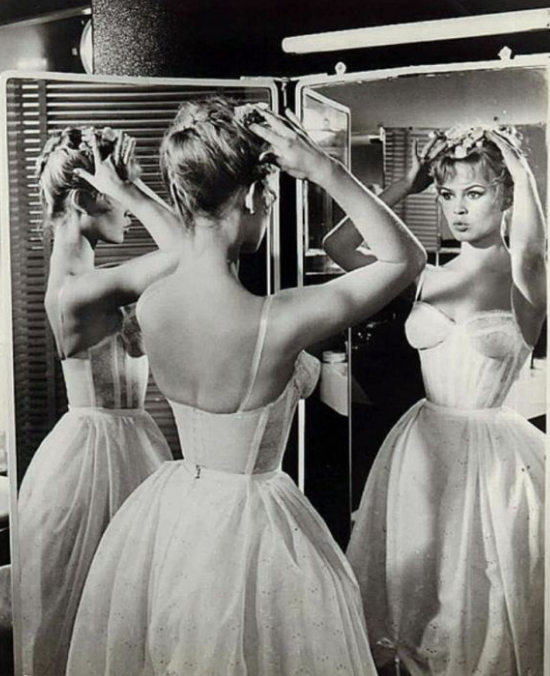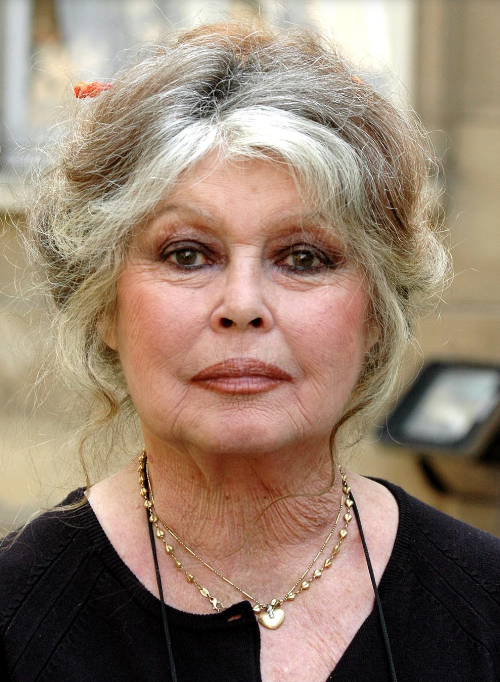Brigitte Bardot was born on September 28, 1934, in Paris, France. Raised in a conservative Roman Catholic household, Bardot showed an early interest in ballet and modeling. Her entry into the entertainment industry began at the age of 15, when she started modeling for fashion magazines, leading to her film debut in “Le Trou Normand” (1952) at the age of 17.

Rise to Stardom
Bardot’s breakthrough role came with the film “And God Created Woman” (1956), directed by Roger Vadim, who also became her first husband. The film’s success catapulted Bardot to international fame and established her as a sex symbol of the 1950s and 1960s. Her natural beauty, combined with a carefree, sensuous screen presence, captivated audiences worldwide.

Icon of the 1960s
Throughout the 1960s, Bardot starred in numerous successful films, including “La Parisienne” (1957), “Contempt” (1963), and “Viva Maria!” (1965). She worked with renowned directors like Jean-Luc Godard and Louis Malle, showcasing her versatility as an actress. Bardot’s influence extended beyond cinema; her fashion sense and lifestyle epitomized the liberated woman of the era, making her a style icon.

Transition from Acting to Activism
In 1973, at the height of her career, Bardot retired from acting to focus on animal rights activism. She founded the Brigitte Bardot Foundation for the Welfare and Protection of Animals in 1986, dedicating her life to the cause. Bardot has been an outspoken advocate for animal rights, campaigning against practices like seal hunting and animal testing.

Personal Life and Legacy
Brigitte Bardot’s personal life has been as publicized as her professional career. She has been married four times and has one son, Nicolas. Despite facing criticism and controversy over the years, Bardot’s impact on film and fashion remains undeniable. Her influence continues to be felt in contemporary culture, and she is celebrated as a pioneer who challenged societal norms and embraced her individuality.






